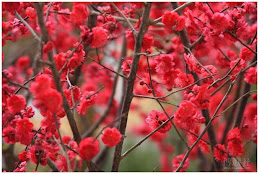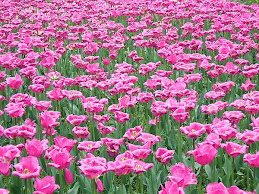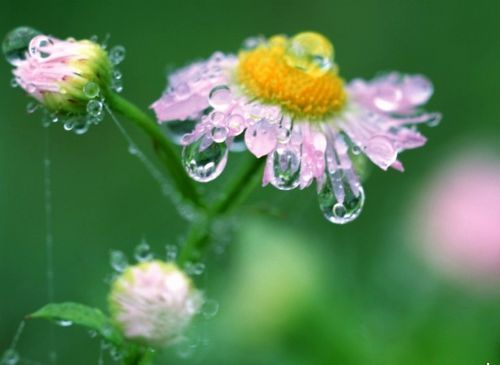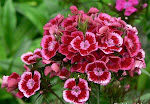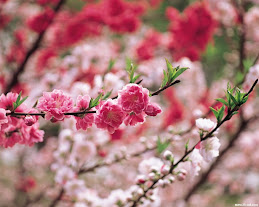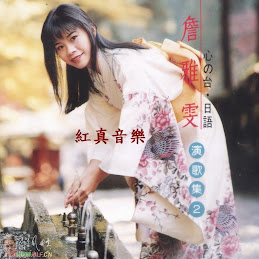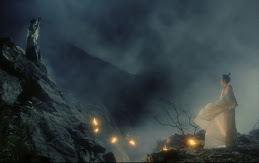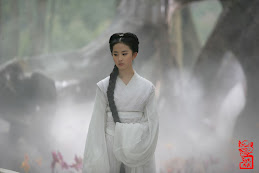Above: Blackcurrants
Vitamin C is an essential nutrient, vital to enable our bodies to live and grow, and blackcurrants contain more than any other natural food source. In addition, the blackcurrant also has seriously high levels of antioxidants in the form of anthocyanins. These can apparently help to prevent a range of medical problems including Alzheimer’s, heart disease, eye strain and urinary tract infections. They also give the blackcurrants that distinctive dark purple colour.
July is a busy month for William Price and his family, as this is when blackcurrant harvesting begins. Three generations of the family have been producing the fruit for Ribena here at Bradfields Farm at Bradford-on-Tone, just south of Taunton.
“They’re a very difficult fruit to get fresh because there is only a very short season,” says William Price. “The strawberry season is quite long – various techniques mean it can be extended from early May right through to November – but our harvest period is about a month. As a result, blackcurrants are only going to be in the shops for a four-week spell. You’re more likely to see them in a processed product like jam or juice.”
Bradfields Farm is very much a family business. William has the assistance of one other man and the back-up support of his wife and father. Generally, the Prices would expect to get 370 tonnes of blackcurrants from the 140-acre site, and this year they’re hoping to do better than in 2007, when the crop was below par. “Last year we were a bit short in our tonnage, partly due to the warmer winter because the buds don’t know whether they’ve had a proper sleep,” explains William. “If you get a good, cold winter and then it warms up in the spring, that’s ideal, all the buds move together. There was more winter chill this year so we’re expecting a better crop, although we’ve had a few frosts in the spring.”
Much of William’s time in the spring is spent patrolling the crops, looking for blackcurrant reversion disease, which is spread by a small mite. The secret is to identify and pull out the affected bushes before the disease can spread. “We don’t get very many but if you can keep the numbers minimal then you keep on top of it. If you let it get out of control, you end up having to pull a whole plantation out.”
These days, the harvesting process in July and August is done mechanically. A machine travels over the bushes, shaking them so that the fruit drops into the vehicle. Back in the early 1970s, harvesting was still done manually and could involve up to 400 people.
Blackcurrants contain more vitamin C than any other food source
William says that world production has a huge impact on blackcurrant prices, causing them to fluctuate wildly. “Thankfully, supplying fruit for a product like Ribena means that we have a steadier price, which carries us through on a much more even keel and keeps the business continuing on a more sensible basis.”
He is also taking part in an environmental initiative put together by the Wildlife Trust, the manufacturers of Ribena, and the blackcurrant producers, which involves Bradfields Farm in a six-point plan of nature conservation. Nest boxes are put up for birds, bats and owls; hedges are cut only every two years, but are trimmed in January and February after the berries but before the nesting season; more native trees and shrubs are planted up; grassy borders are left around the blackcurrant crops to encourage new species and natural predators; and a two-metre strip is left unmown between the hedges in order to provide a rough corridor for wildlife.
William has noted marked changes already. “There’s been a significant growth in the number of partridges and a diversification in the flora and fauna,” he says.
Blackcurrants have been growing in the British Isles for more than 500 years and have been used by herbalists since the Middle Ages to treat bladder stones and liver disorders, as well as being blended into syrups for coughs and lung ailments.
Jo Hilditch, Chair of the Blackcurrant Foundation, says, “Blackcurrants were traditionally found growing in kitchen gardens throughout the UK, but by educating consumers about the fantastic health credentials linked to blackcurrants, they will once again be revived.
“In recent years, ‘superfruits’ have become increasingly popular amongst consumers who are continually looking for ways in which to maintain a healthy lifestyle and increase their intake of foods with associated health benefits,” says Jo. “Having recently been heralded as the ‘number one superfruit’, a large-scale marketing campaign was put in place to increase awareness of the blackcurrant’s health-boosting properties.”
Overall, Blackcurrant Foundation members grow just under 5,000 acres of blackcurrants across the British Isles, which produces a crop of approximately 14,000 tonnes of fruit every year. There are currently three large blackcurrant growers in Somerset producing about 5% of the total UK output.
“Blackcurrants have been an important crop in this country for many years,” says William, “and the Blackcurrant Foundation is trying to raise awareness of how good they are for you and to ensure that the crop continues.”
BY MALCOLM RIGBY
Adapted from:
http://www.somerset-life.co.uk/ImageResize.ashx?w=277&image=SPED21%20Jun%202008%2014:12:34:703




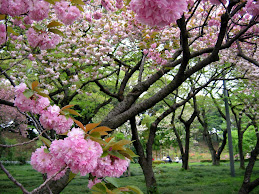
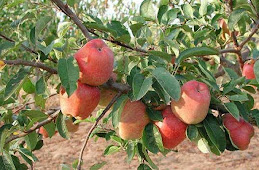



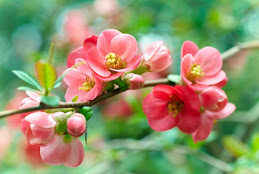


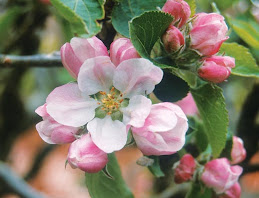


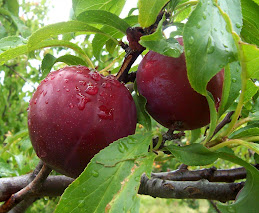

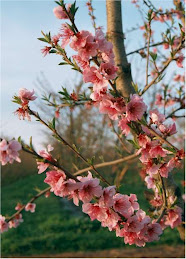
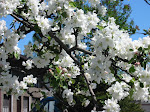



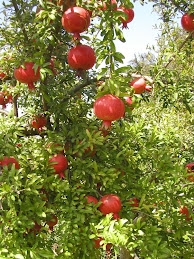
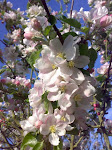





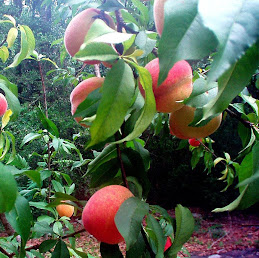





.jpg)
.gif)
.jpg)
